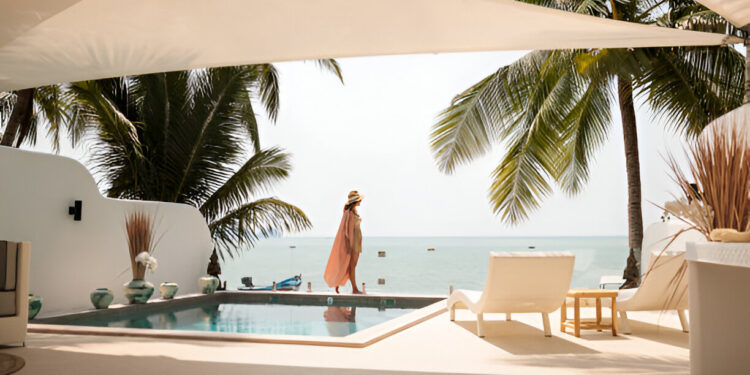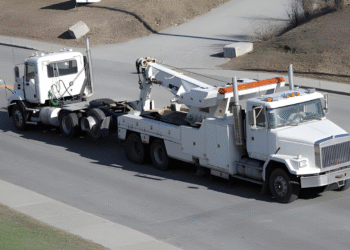What Is a Pool Filter and Why Is It Important?
A pool filter is a machine that helps clean the water in your swimming pool. It catches small pieces of dirt, leaves, and even tiny bugs. Without a filter, the water can get dirty very fast. That is why every pool needs a filter to keep the water clean and safe. Even if your pool looks clear, it may still have things you can’t see, like germs. So, having a filter is not just helpful—it’s also important for your health. Also, when the water is clean, swimming becomes more fun. Nobody likes a pool full of leaves or cloudy water. Because of that, filters are used in almost every pool. Most people check and clean their filters every week. This way, the pool stays fresh all summer long.
Main Pool Filter Types (With Pros and Cons)
There are three main pool filter types you can choose from. Each one has its own good and bad points. First, a sand filter is the easiest to use. It works by pushing water through a tank filled with special sand. The sand traps dirt, but this filter may miss the tiniest particles. However, it’s cheap and lasts a long time. Next, the cartridge filter has paper-like tubes that catch more dirt than sand filters. It is also easier to clean—just rinse with a hose. Although it costs more than sand filters, it cleans better. Last is the DE (Diatomaceous Earth) filter, which uses fine white powder. This one traps even the tiniest stuff and gives the cleanest water. However, it costs the most and needs more care.
How Much Do Pool Filters Cost?
When choosing among pool filter types, knowing the cost helps a lot. Pool filters come in different prices, mostly based on what kind you pick. A basic sand filter usually costs between $250 to $500. These are cheaper, and parts don’t need to be changed often. For many families, this is a smart choice. On the other hand, a cartridge filter may cost around $300 to $800. It is more expensive than sand, but it cleans better and saves water. The cartridges must be replaced every year or two. Now, the DE filter is the most costly. It can cost between $500 and $1,200. Although it is expensive, it gives the clearest water. That’s why many pool owners who want super clean water choose this one.
Filter Material – What’s Inside Matters
Each filter type works in a different way because of what’s inside. The filter material is what grabs the dirt and makes the water clean. A sand filter uses special pool-grade sand. As water flows through, the sand traps the dirt. This sand needs to be changed every five years, so it’s simple and cheap to care for. Meanwhile, cartridge filters have a soft, folded paper-like material. This helps catch more dirt than sand can. The cartridges need to be cleaned often and changed once a year. They are easy to remove and wash. The DE filter uses a fine white powder made from natural rock. This powder traps even tiny bits that the other two may miss. But, it must be added often and handled with care. Because each filter type uses a different material, it’s important to pick the one that matches how clean you want your pool and how much work you’re ready to do.
Size and Shape – Do They Affect the Cost?
Yes, the size and shape of your pool can change how much a filter costs. First of all, larger pools need stronger filters because there is more water to clean. That means you’ll need a bigger filter, which can cost more. For example, a small pool might use a sand filter, but a big one may need a larger cartridge or DE filter. Also, the shape of the pool matters. If your pool has a simple shape like a circle or square, it’s easier to install the filter. But if it’s a fancy shape with curves or steps, the plumbing might be harder, which could raise the price. In addition, you should always match the filter’s power to your pool’s size. If the filter is too small, the water won’t stay clean. Because of this, it’s best to check with a pool expert or follow the pool maker’s advice before buying any filter.
What Equipment and Accessories Are Needed?
A pool filter can’t do the job alone. It needs help from other tools, called equipment and accessories. First, a pool pump is always needed. It pushes the water through the filter, so without it, the filter won’t work. Pumps can cost from $150 to $700, depending on size and power. Next, you’ll need a filter tank. This is the big container that holds the sand, cartridge, or DE powder. Some filters come with a tank, but others don’t. Make sure to check. Also, hoses, clamps, and pressure gauges are very useful. Hoses move water from the pool to the filter. Clamps keep things in place. A pressure gauge helps you know when it’s time to clean the filter. Because these items work together, they should be picked with care. Even if each part seems small, together they help keep the water clean and the pool safe for swimming every day.
Choosing the Right Filter for Your Family
Now that we’ve looked at all the pool filter types, how do you pick the right one? First, think about your pool’s size. A bigger pool needs a stronger filter. If you have a small pool, a sand or cartridge filter might be perfect. Next, ask yourself how much cleaning you want to do. Cartridge filters are easier to rinse, while DE filters need more work. If you like things simple, a sand filter is easy to use, even if it doesn’t clean as well as others. Also, set a budget. If you want the best water and don’t mind the cost, DE is a great pick. But if you want to save money, sand is still a solid choice. Most importantly, make sure the filter matches your pool and your time. That way, you’ll enjoy clean water without extra stress. A smart choice today can mean less work tomorrow.
Summary
Your pool filter is one of the most important tools for clean and healthy water. While there are many pool filter types to choose from, the best one depends on your pool size, budget, and how much time you want to spend cleaning. Because each filter has its own good points, taking time to learn about them really helps. You don’t need to be an expert. Just think about what fits your family best. A sand filter is simple, a cartridge filter cleans better, and a DE filter gives the best results but needs more care. Also, don’t forget the extra equipment like pumps and hoses. Everything works together to make your pool safe and fun. Finally, with the right filter, your pool will stay clean, your family will stay happy, and you’ll enjoy every swim without worry. That’s what smart planning and good choices bring to every backyard.



